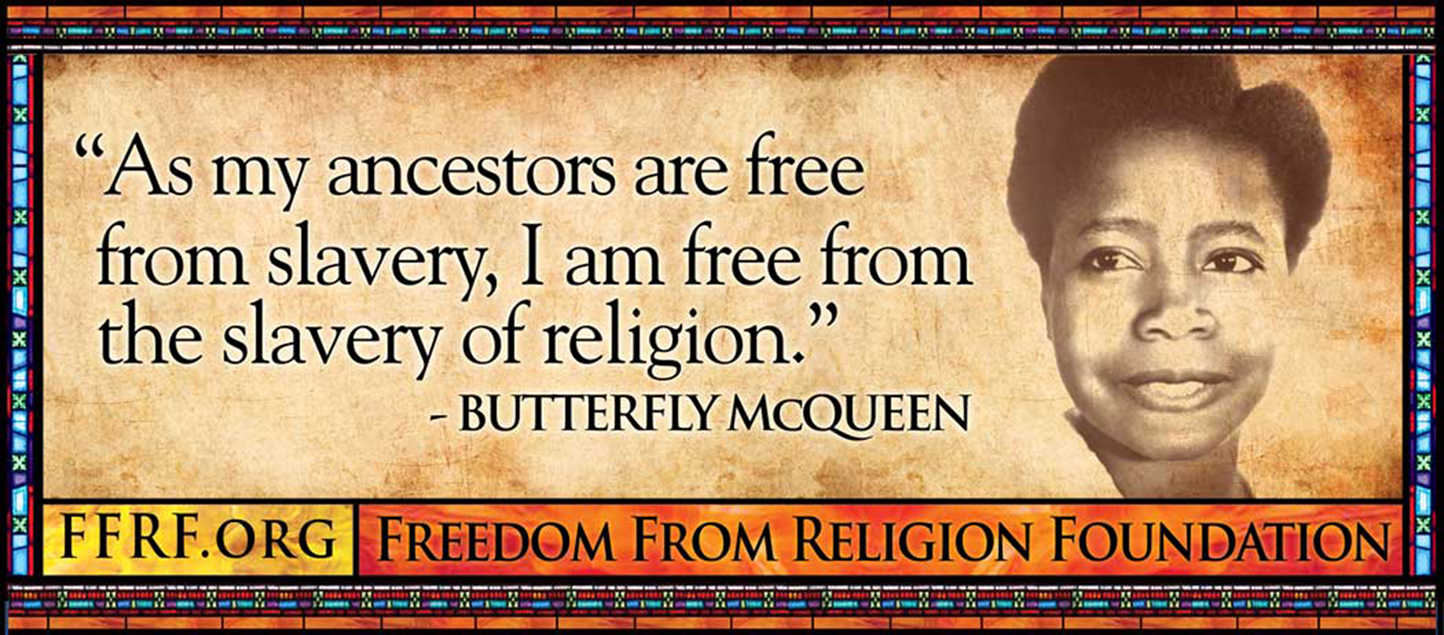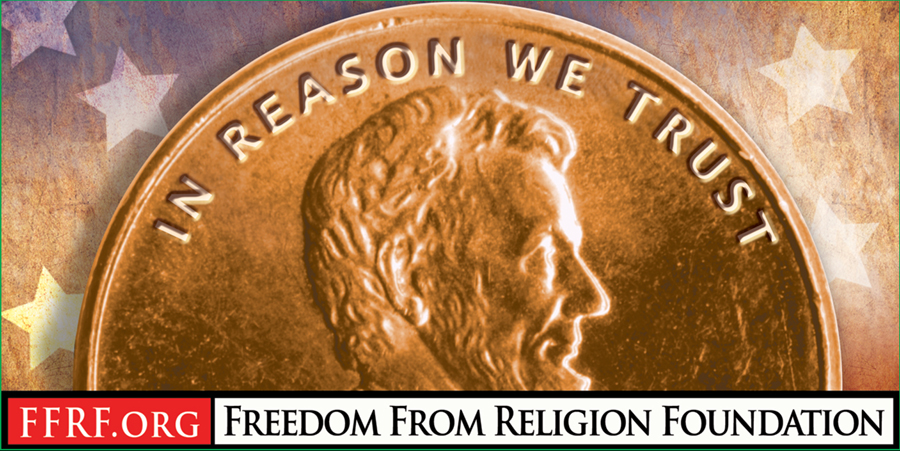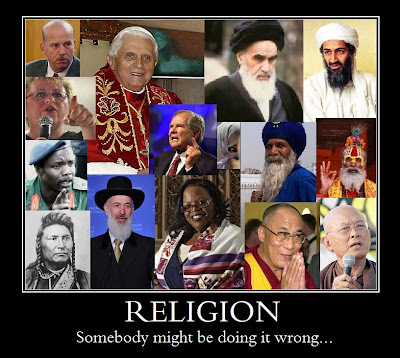You should find time to watch, or at least listen to the talk below. It's the keynote from the recent
Northeast Conference on Science and Skepticism (NECSS) given by the president of the
James Randi Educational Foundation, DJ Grothe. The talk, entitled
Skepticism is a Humanism, can be viewed in full here or
on vimeo.
Previously on this blog, I've talked about
what skepticism is and is not, but it's worth pointing out that much of the skepticism movement is driven by humanist principles. In his talk, Grothe defined humanism as...
Humanism
A naturalistic (as opposed to a supernatural) ethics focused on human well being.
While this is really a definition of
secular humanism, it gets the point across: humanism is a set of morals and ethics based primarily (or solely) on human welfare. You can read more about humanism from the
American Humanist Association (AHA), or on Wikipedia
here,
here,
here and
here.
Grothe also takes pains points out that he's
not saying "
Skepticism = Atheism" nor that "
Skepticism = Secular Humanism". Instead, he asserts that skepticism is both
a method of inquiry, and
a social movement to apply that method of inquiry towards humanistic goals (more from Grothe on skepticism starting around 11:30, and around 22:30). Good stuff, though I wish he would have gone further to draw distinctions between these and related terms like
rational inquiry, which in my mind is the "method" part of skepticism separate from the social movement (although I'm not sure that is the commonly accepted meaning of the phrase).
Thoughts?
[Hat tip to
Phil Plait via Bad Astronomy]











